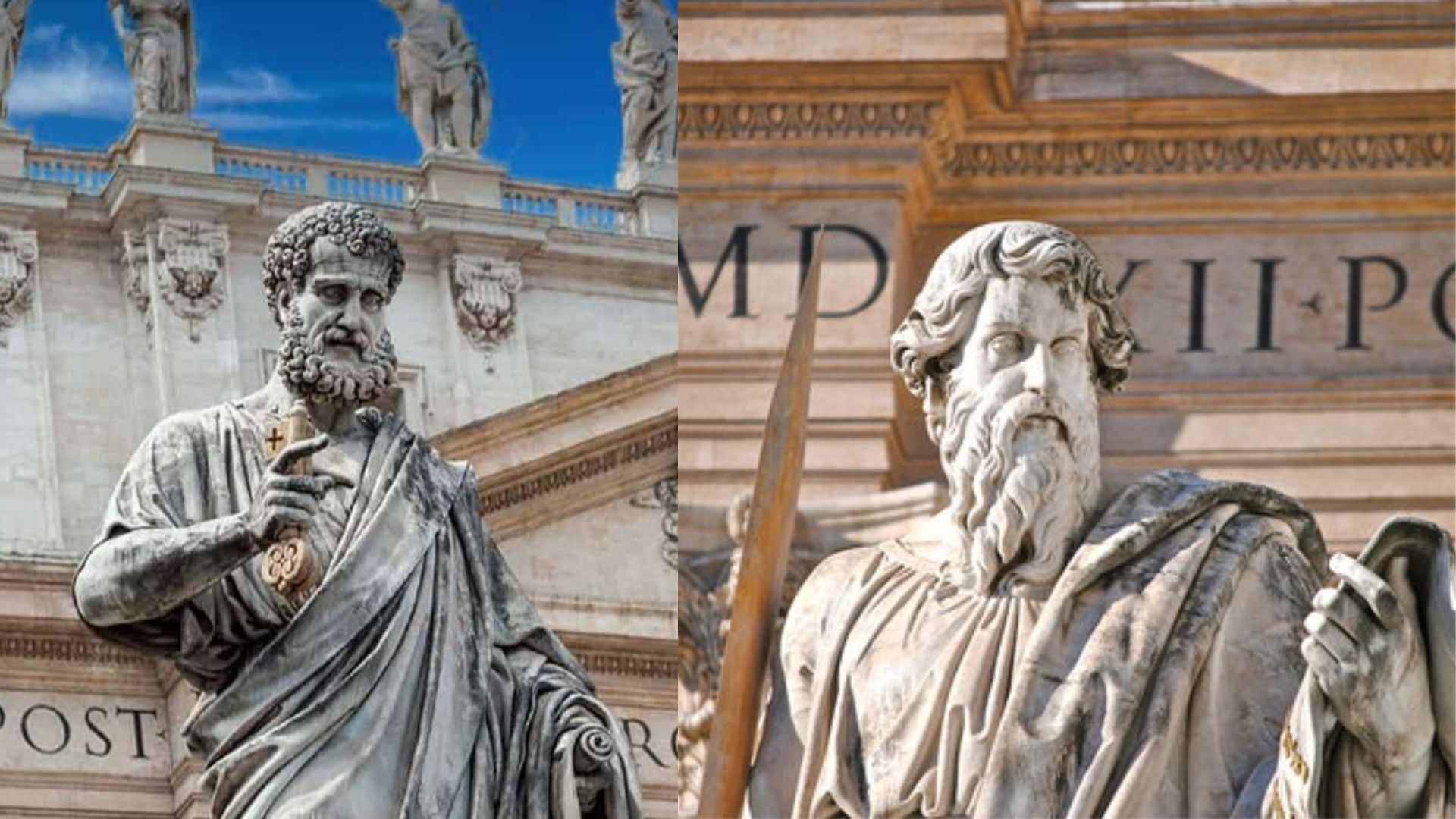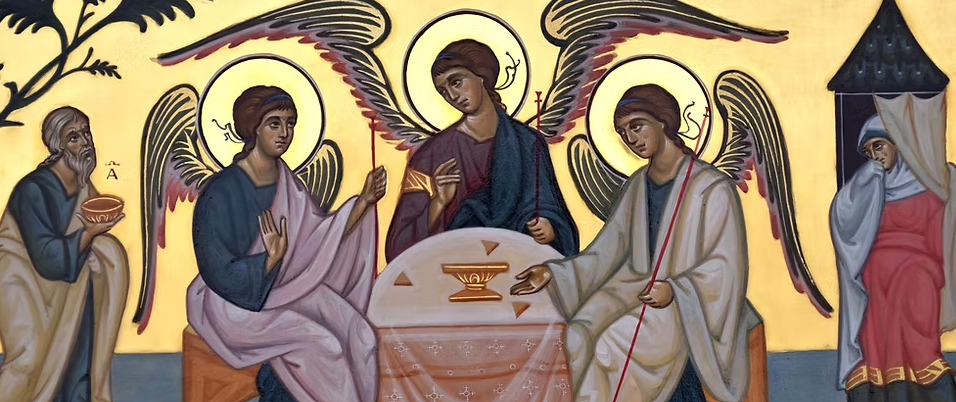29th Sunday in Ordinary Time
Sisters and Brothers in Christ,
“It shall not be this way among you… “ Perhaps again, we can empathize how these words of Jesus might have stung the apostles as he chastises them for competing for greatness, even dominance among his followers. We can imagine how that dominance might have been expressed… the privilege of being called with an honorific title; the authority to order the other disciples around and assign them the heavy labors; the control of their finances and the discretion to direct them as he wished… you get the idea.
Just as in our Gospel last Sunday, where Jesus instructs the rich young man and the disciples that wealth is not something to be grasped at, and might even become an impediment to entering the Kingdom of God, in this Gospel Jesus instructs them about power. Is this news to any of us? Haven’t we all heard the saying that “power corrupts” and even further, that “absolute power corrupts absolutely”?
But is power really a bad thing in itself, or have we simply seen it so commonly abused that we paint all power with the same brush?
Jesus himself did not “grasp” for formal roles of power among the religious or the secular-political authorities of his time. He favored an informal authority that was rooted in relationships: first of all with his Father and in loving obedience to his Father’s will; in his own charismatic joy and moral integrity; and in the quality of his mutual relationships with people, which he expressed so often in a table fellowship that was open to everyone.
Through the accounts of his miracles, we acknowledge that Jesus had access to and used divine power that expelled demons, healed the sick, and controlled even natural elements. Yet he never used power “over” people. No matter how poor or peripheral, Jesus respected their human dignity. He did this by first listening to people express what it was that they needed or desired, by affirming the power of each person’s faith, and by directing this divine power for the service of others, never for his own benefit or advantage.

As leaders and people with formal and informal authority, what lessons might we learn from Jesus’ example? First, power in itself is neither good nor bad, but it is our right relationship and disposition of power and authority that matters. There are many forms of power: power over, power with, power on behalf of others, etc. If we consider ourselves disciples of Jesus, we should exercise power “over” in the most rare and sparing way, avoiding any temptations toward “domination,” or “lording it over” others. Rather, as disciples, we are called to exercise power in a discerning manner with and for others, especially those who are unrecognized, voiceless, or excluded.
Another lesson- Jesus’ example and instruction doesn’t mean to suggest that when we are appointed to formal roles of authority that we should eschew all power. This would be irresponsible. In fact, when out of fear of corruption or abuse we deny or downplay our authority, we surrender our call to stewardship, service, and prophetic, creative action. Without a responsible use of authority, and lacking direction, decisions, resources or action, our people and our communities wither and die.
As the Church continues to explore the meaning and the implications of synodality, the question of the right relationship and exercise of power is central. A synodal way of proceeding as Church involves a conversion from the power-abusive tendencies of the worldly cultures in which the Church is situated. It is a call of conversion to return to the original style of Jesus, who used power for the service of people and their entrance into the Kingdom of God. This conversion is as important for volunteers in food pantries or youth groups as it is for clergy and bishops, indeed for anyone who exercises formal or informal authority within the Church.
Likewise, the synodal conversion of the Church does not mean “flattening” or removing the hierarchy of ecclesial roles and functions, but reorients this hierarchy in service to the mission. Imagine a hierarchy that exists to identify and promote the gifts and protagonism of all people and at each level. Imagine a hierarchy that ensures inclusive spaces of belonging and meaningful participation in each place where the Church lives. Imagine a hierarchy that, like Jesus, is entirely committed to putting its power and resources in real service of the least, proclaiming the Gospel through prophetic action in the world, not only to sustaining its own structures. A hierarchy that exercises power in this synodal way will not lose its authority. Rather, by blending these forms of power, it will enhance its integrity and expand its capacity for service of the Church’s mission.
Some questions for reflection: what is my perspective on and relationship with power, and what forms of power do I tend to use in the exercise of my leadership? What is it about Jesus’ style that I want and need to imitate in my own roles and relationships? How might I support this synodal conversion of the Church?
With you on the road together,
David and the Discerning Leadership Team




